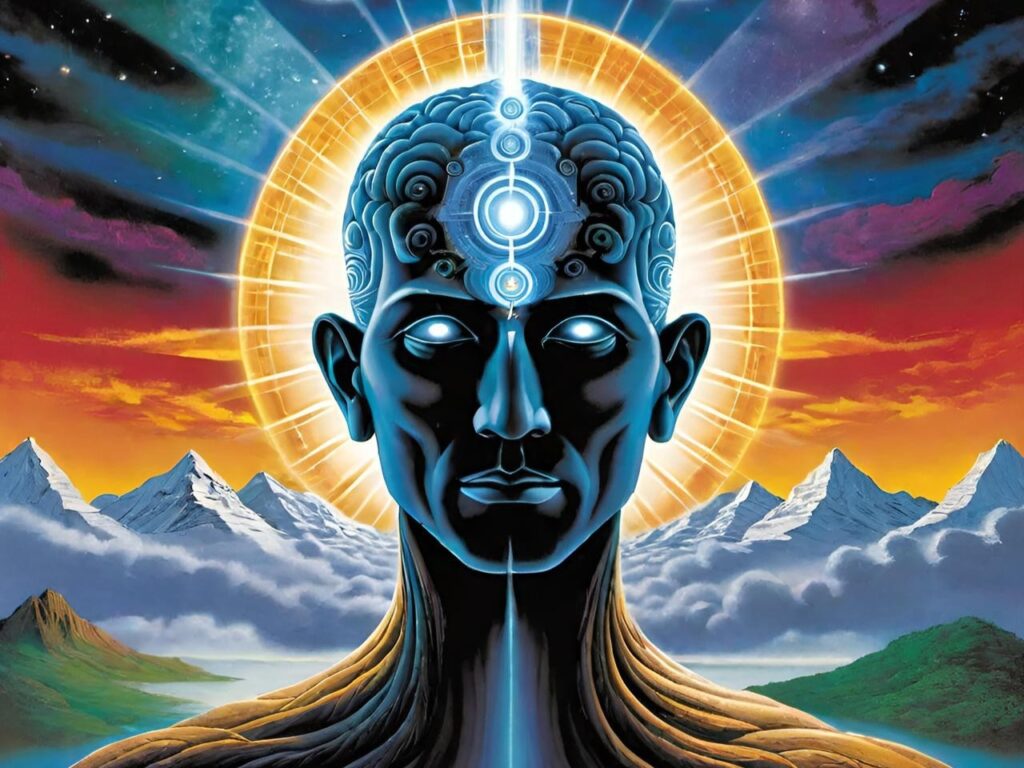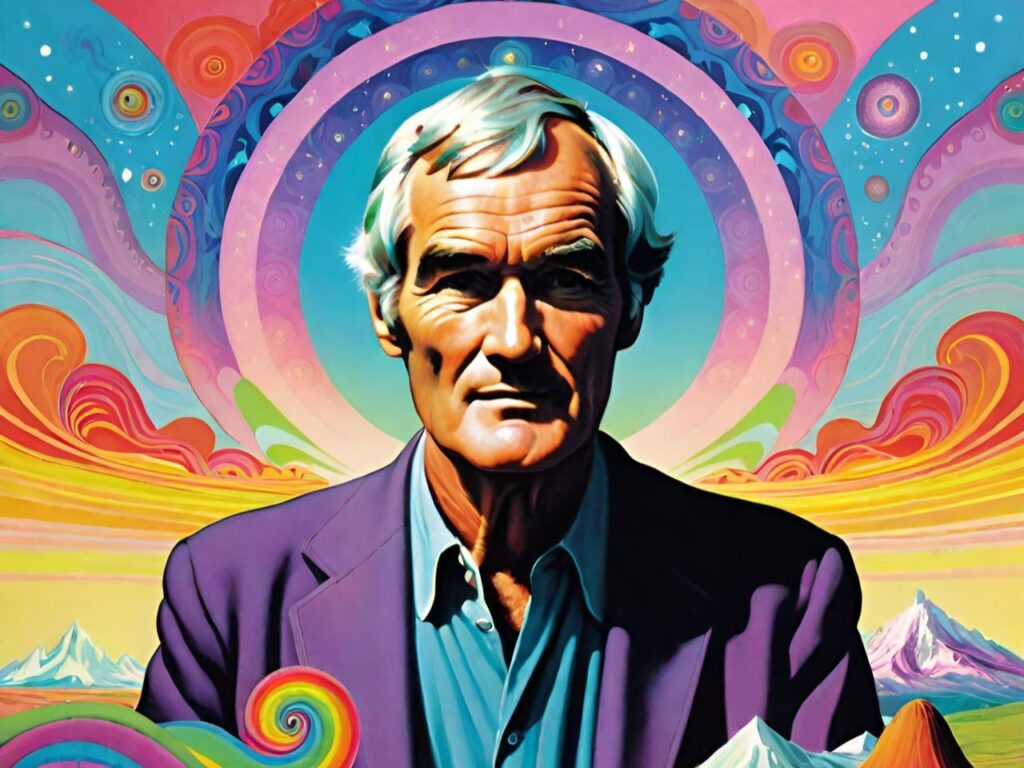The transience of life is for many of us hard to deal with. It often fuels our deepest fears and anxieties. The teachings of spiritual guide Eckhart Tolle offer a profound insight into the nature of our existence. Tolle, a beacon in the exploration of consciousness and the human condition, posits a compelling argument: the essence of who we truly are is eternal, boundless, and indistinguishable from the essence of life itself. This notion challenges us to ponder, “But what is the real you?”
At the core of Tolle’s teachings is the distinction between the ego and our true self. The ego, as Tolle describes, is an accumulation of thoughts, experiences, and social conditioning that we mistakenly identify as our identity. It is the voice in our head that narrates our life story, replete with its desires, fears, and judgments. However, this narrative, no matter how convincing, is not the essence of our being. It is, in essence, a construct—a mask that veils our true nature.
Unchanging Presence
So, if the ego is not the “real” us, what remains when these layers are peeled away? According to Tolle, beneath the noise of the ego lies a state of pure consciousness or beingness, often referred to as Presence. This foundational aspect of ourselves is unchanging, unmoved by the vicissitudes of life. It is the silent observer, the space in which thoughts and emotions appear and dissipate. This Presence is not something that can be conceptualized or understood intellectually; rather, it is to be experienced directly. It is the realization that you are the consciousness behind all thoughts and sensations, the life force that animates your physical form.
The implications of recognizing this distinction are profound. When we identify with the ego, we are subject to the rollercoaster of life’s ups and downs, our happiness contingent on external circumstances. However, when we realize our true nature as eternal consciousness, we uncover a wellspring of peace and joy that is not dependent on the external world. This shift in perspective is not a denial of the physical or emotional aspects of our lives but an expansion of our identity to include something far more vast and enduring.
A Transition
This understanding also brings a new light to the concept of death. If our true essence is not the body or the mind but the consciousness that observes both, then what is there to fear from the cessation of the physical form? From this viewpoint, death is not an end but a transition, a release from the limitations of the physical plane into the boundlessness of our true nature. It is a return to our essence, which, as Tolle suggests, can never die.
Embracing this perspective does not mean living in detachment from the world but engaging with it more fully, with a sense of peace and equanimity. It invites us to experience life from the depth of our being, beyond the transient roles and stories we play out. It calls us to awaken to the present moment, where the real you—the eternal essence of consciousness—resides.
Conclusion
In the journey of self-discovery, the teachings of Eckhart Tolle serve as a beacon, guiding us beyond the veil of the ego to the luminous essence of our being. This essence, untouched by time and form, is the real you that can never die. It is a realization that not only transforms our understanding of death but enriches our experience of life, grounding us in the eternal now where the truest version of ourselves forever dwells.





